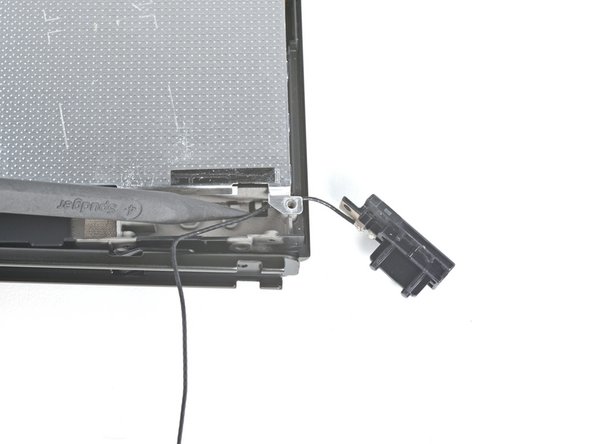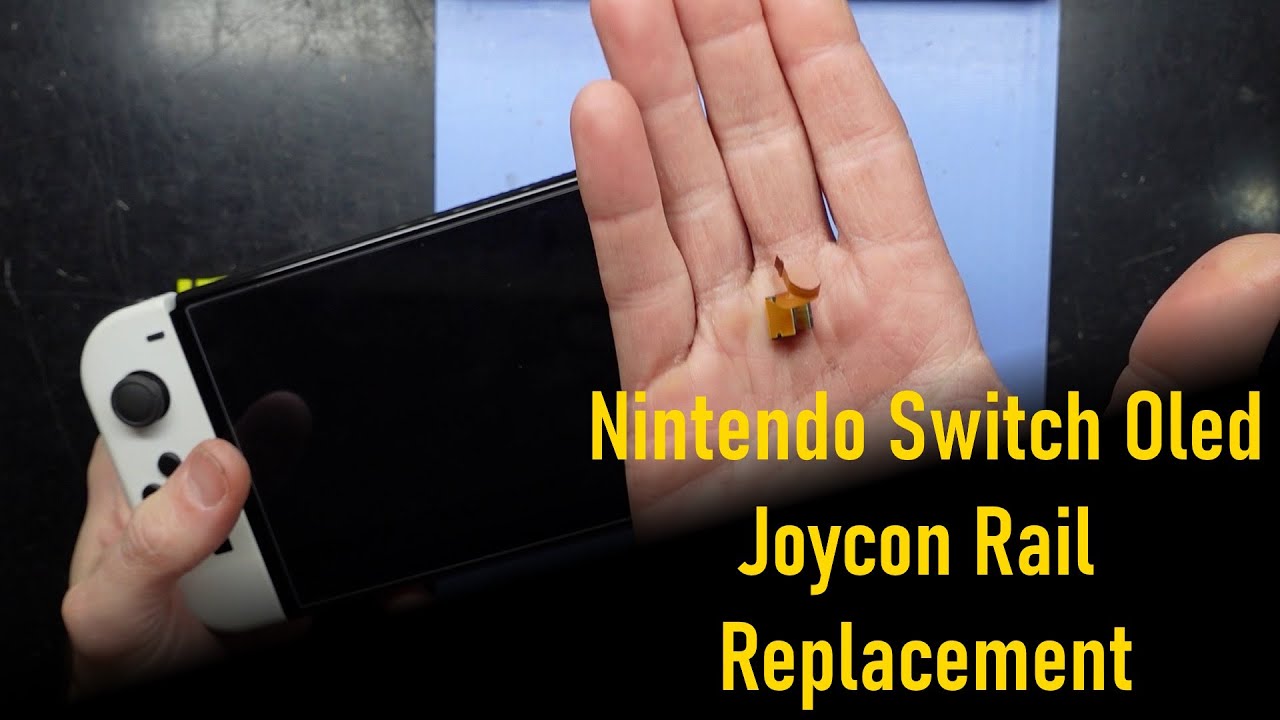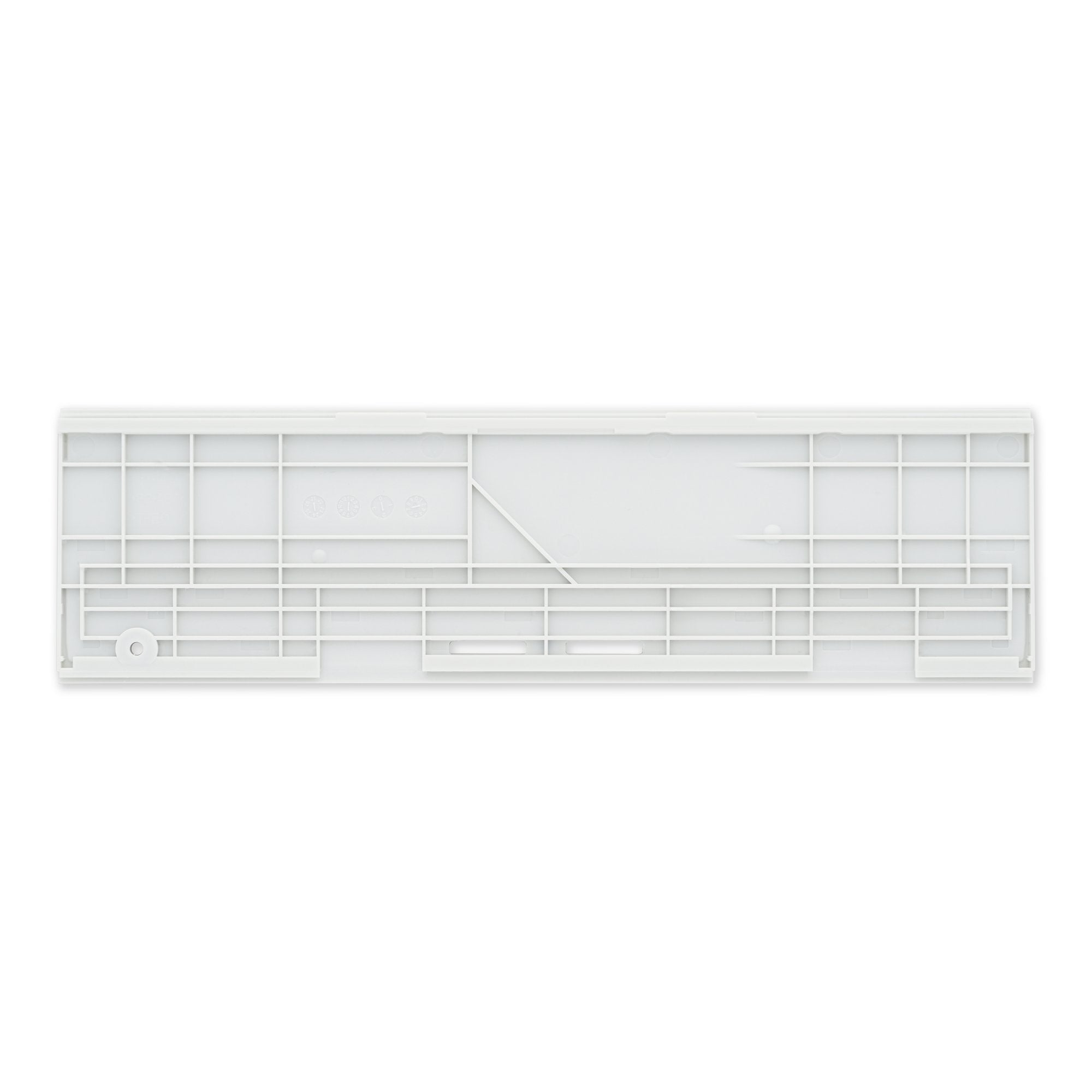DIY Guide: Nintendo Switch OLED Heat Sink Replacement Tutorial
Duration: 45 minutes
Steps: 30 Steps
Before diving in, make sure the battery is drained to under 25%—safety first, always!
Ready to swap out the heat sink in your Nintendo Switch OLED? Let’s get started! First things first—play it safe and drain that battery below 25% before cracking open your Switch. This reduces the chance of any fiery mishaps if the battery gets dinged during the repair. Got a swollen battery? Handle it with care and take the necessary precautions. The Switch OLED uses JIS screws, but don’t worry—your trusty Phillips screwdriver can pinch-hit if needed. Just take it slow and steady to avoid stripping those screws. Oh, and when removing the shield plate, remember you’ll need to refresh the thermal compound between the plate and the heat sink. Since standard thermal paste isn’t up for the job of bridging big gaps, grab some thick K5 Pro thermal paste for the shield plate. For the heat sink itself, stick with regular replacement thermal paste. Let’s do this right!
Step 1
Make sure your device is totally powered down before diving into this repair adventure.
– Give that little round button on the back of your Joy Con controller a firm press and hold. You’ve got this!
– While you’re holding that button down like a pro, gently slide the controller upwards. Easy peasy!
Step 2
Do the same for the other Joy Con. You’ve got this!
– Keep sliding that Joy Con upward until it’s all the way off the console. You’ve got this!
Step 3
To avoid stripping those super-tight screws, use some elbow grease and apply firm downward force. Take your time, and if they’re still being stubborn, try swapping out your JIS or Phillips driver to see if that does the trick.
– Let’s get started! Use a Phillips driver or a JIS driver to carefully remove the 2mm-long screw that’s holding the top of the rear case to the frame. Take your time and make sure it’s removed safely.
Step 4
– Grab your Phillips driver and unscrew the two 2 mm-long screws holding the bottom of the rear case to the frame. Keep it steady—you’re doing great!
Step 5
To keep those stubborn screws from getting stripped, make sure to apply some solid downward pressure, take your time, and if they still won’t budge, give a JIS 000 or PH 000 driver another shot. You’ve got this!
– Grab your trusty Phillips driver and loosen that 3.8 mm screw holding the right Joy-Con sensor rail snugly against the rear case. You’ve got this!
Step 6
– Grab your trusty Phillips screwdriver and unscrew that 3.8 mm gem holding the left Joy-Con sensor rail to the rear case. You’ve got this—steady hands, and you’re golden!
Step 7
Pop that microSD card out of its slot now, so you’re ready to tackle the next step like a pro!
– Give that kickstand a gentle nudge with your finger and watch it pop up from the back of your device!
Step 8
– Grab your trusty Y00 screwdriver and let’s tackle those two 4.3 mm screws holding the rear case snugly to the frame. You’ve got this!
Step 9
If you’re having a hard time popping the case off, grab an opening pick and gently pry up those pesky plastic clips.
– Gently lift the back cover from the top edge of the device—like opening a treasure chest—and slide it off.
Step 10
– Gently slide the flat end of a spudger under a corner of the tape and lift it away from the shield plate.
Tools Used
Step 11
– Grab your trusty tweezers or just your fingers, and gently peel back that tape like a pro.
– Find a clean spot to keep the tape safe for when it’s time to put it back on.
Tools Used
Step 12
– Grab your trusty tweezers or just use your fingers to gently lift and disconnect the primary Wi-Fi antenna’s coaxial cable. You’ve got this!
– When it’s time to put everything back together, reconnecting these can be a bit of a puzzle. Take it slow—hold each connector right above its socket and give it a gentle press down with the flat end of a spudger. You’ll hear a satisfying snap when it clicks into place!
Step 13
– Grab those tweezers or just use your fingers to gently guide the primary antenna’s coaxial cable out of its cozy little slots in the shield plate. You’ve got this!
Tools Used
Step 14
– Grab your trusty Phillips driver and unscrew those two 4.4 mm screws holding the main Wi-Fi antenna to the shield plate. Easy peasy!
Step 15
– Slide an opening pick between the main Wi-Fi antenna and the shield plate—it’s teamwork time!
– Lift gently with the pick to pop the primary Wi-Fi antenna away from the shield plate. Slow and steady wins the race!
Step 16
– Time to say goodbye to the primary Wi-Fi antenna! Go ahead and remove it with care.
Step 17
– Grab your tweezers—or just your fingers if you’re feeling bold—and gently pop off the secondary Wi-Fi antenna’s coaxial cable. Easy does it!
Tools Used
Step 18
– Gently use the tip of a spudger to guide the secondary Wi-Fi antenna’s coaxial cable out of its cozy spot in the frame.
Tools Used
Step 19
– Grab your trusty Phillips screwdriver and pop out that 4.4 mm screw holding the secondary Wi-Fi antenna to the shield plate. Easy peasy!
Step 20
Hold your horses on yanking that antenna out just yet! It’s still got its coaxial cable snugly tucked through the frame.
– Slide an opening pick between the secondary Wi-Fi antenna and the shield plate with finesse.
– Gently pry up with the pick to liberate the secondary Wi-Fi antenna from its cozy shield plate.
Step 21
– Let’s get that Wi-Fi antenna cable out of its cozy slot in the frame – use the point of a spudger to gently reroute it.
– Time to say goodbye to the secondary Wi-Fi antenna – carefully remove it from its home.
Tools Used
Step 22
– Let’s get this repair started! Begin by using a Phillips driver to remove the six 4.4mm screws that hold the shield plate in place on the frame. This is the first step in freeing up the plate, so take your time and make sure all the screws are out before moving on.
Step 23
You might notice a little pushback here—that’s totally normal! The shield plate is snugly stuck to the heat sink with some thermal paste. Take it slow, and you’ll get it.
– It’s time to get this repair started! Use your fingers to carefully lift the top of the shield plate up and away from the frame – you got this!
– Next, completely remove the shield plate. Easy does it!
– Now, take a look underneath and you’ll notice a thick pink thermal compound that’s bridging the gap between the shield plate and the copper heat sink. Whenever you remove the shield plate, don’t forget to check out our thermal paste guide to learn how to remove the old compound and apply some new, awesome stuff – like K5 Pro – when you’re putting everything back together.
Step 24
– Time to get this repair started! Use the point of a spudger to carefully pry up and disconnect the battery – it’s like freeing the power source from its cozy little home!
Tools Used
Step 25
– Grab your trusty tweezers or just use your fingers to gently peel away the tape that’s hiding the screw on the daughterboard. You’ve got this!
Tools Used
Step 26
– Grab your trusty Phillips driver and carefully take out the 4 mm screw that’s holding the daughterboard snugly to the frame. You’ve got this!
Step 27
The daughterboard is hooked up to the motherboard with a press connector underneath—just a gentle nudge, and it’ll pop free!
– Slide a spudger gently between the daughterboard and the motherboard—easy does it, no rush.
– Give a little lift with the spudger to pop the press connector loose and let the daughterboard part ways with the frame.
– Carefully remove the daughterboard—it’s free now!
– When popping press connectors back in, take your time to line them up just right. Press down on one side until it clicks, then repeat on the other side. Whatever you do, avoid pressing the middle! Misaligned connectors can bend pins, and nobody wants permanent damage. If things feel tricky, you can always schedule a repair.
Tools Used
Step 28
– Grab your trusty Phillips driver and unscrew the three 3 mm screws holding the heat sink snugly to the motherboard.
Step 29
You might encounter a little resistance here, and that’s totally okay! The heat sink is just a bit snug with the CPU thanks to some thermal paste bonding them together.
– Wiggle a spudger into the gap between the heat sink’s bracket and the motherboard—like sliding a spatula under a pancake.
– Gently pry upward with the spudger to unstick the heat sink from the motherboard. Take your time and be kind to your device!
Tools Used
Step 30
– Ready to put your device back together? Just follow these steps in reverse and you’ll be golden!
– Make sure to check your new replacement part against the original one—you might need to swap some bits or peel off those pesky adhesive backings before you dive into installation.
– If things didn’t go as smoothly as you hoped, don’t sweat it! Try some basic troubleshooting, or if you’re still stuck, feel free to schedule a repair for a helping hand.
–
Tools Used
Success!












































































